Analysts in one country worry about the lack of 5G signals for the new iPhone
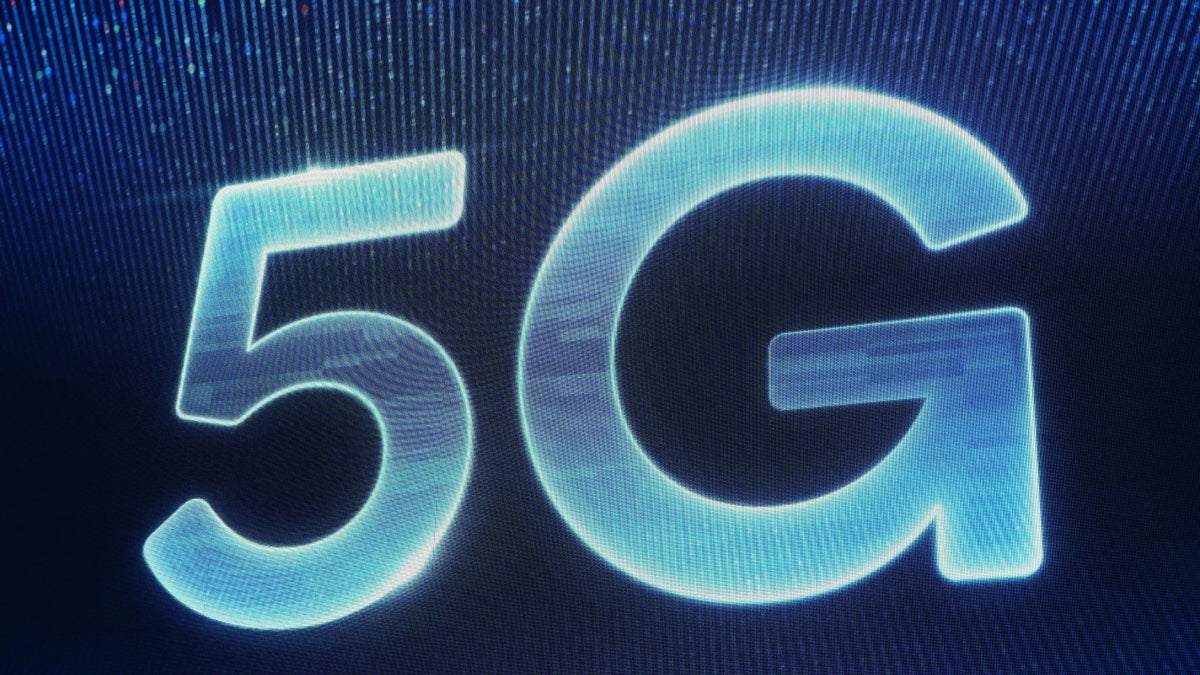
In just two days, Apple will unveil its first 5G handsets. Last night, we discussed the possibility that some Rural Americans might have to switch to another carrier in order to take advantage of faster 5G data speeds. But this phenomenon isn't restricted to those living in the states. According to The Telegraph (via AppleInsider), British consumers who decide to purchase one of the new 5G enabled iPhone 12 handsets to be unveiled on Tuesday might have problems connecting to a 5G signal from their wireless carrier.
Analysts are concerned that many Brits might not be able to access 5G on the new iPhone 12 models
Telecom analysts across the pond are telling clients in Britain that if the new iPhone 12 mini, iPhone 12, iPhone 12 Pro, and iPhone 12 Pro Max don't support 5G signals in the 700MHz band, British consumers are going to be hard-pressed to find a 5G signal that they can connect to. Matthew Howett, principal analyst at Assembly, said, "If it (the new 5G iPhone 12) doesn't support 700MHz then you end up with coverage problems. The spectrum bands that the iPhone works on are crucially important."

Three has nearly three times the 5G capacity in England that runner-up Vodafone sports
Like the low-band 600MHz 5G airwaves that are the foundation of T-Mobile's nationwide 5G service in the U.S., the 700MHz band has the same characteristics as 600MHz in that they travel long distances and penetrate structures better than high-band signals do. But the data speeds they provide are not as fast as those available from higher-frequency 5G bands. And as Assembly's Hewitt points out, capacity is larger with the higher-band mmWave spectrum. Still, with the greater distances that 700MHz signals travel, those living in remote areas of the country should be able to access 5G once the carriers complete the construction of their 5G networks.
One carrier in England that would benefit from the lack of 5G airwaves for the new iPhone models is Three. The latter has made acquisitions that give it plenty of 5G coverage in the country. The carrier states that "...when it comes to 5G, there’s a lot of data. Thankfully, we’ve got more usable 5G spectrum than anyone else. With 140MHz of 5G spectrum (and 100MHz of it contiguous), our service will be much faster and able to handle more data. This is something the other operators cannot currently do because they have at most 50MHz of 5G spectrum. In fact, International Telecommunication Union (ITU) standards indicate that to deliver a 5G network, you may need to have a minimum of 100MHz of 5G spectrum. Right now, we’re the only UK mobile network to have over this amount."
However, that advantage might be short-lived. More 700MHz spectrum will be auctioned off in Britain early next year by Ofcom. This is the country's regulatory agency for communications similar to the FCC in the U.S. 5G analyst Simon Rockman expects a quick rollout of 700MHz spectrum in England. He says that the introduction of these airwaves should be "quite quick because networks really, really need it."
A similar scenario played out across the country in 2012 when Apple released its first 4G handset, the iPhone 5. At the time, only wireless firm EE had enough 4G coverage to provide iPhone 5 users with a reliable 4G connection.
5G is the next generation of wireless connectivity and will deliver download data speeds as fast as 10 times those achieved over 4G LTE. This will allow users to download content in seconds instead of minutes and lead to the creation of new technology and industries. With low latency, 5G will play a huge part in the creation of self-driving cars and other technologies.
Follow us on Google News






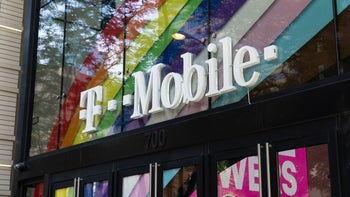

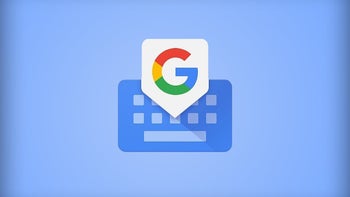
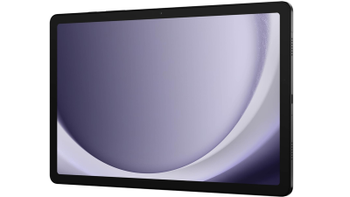
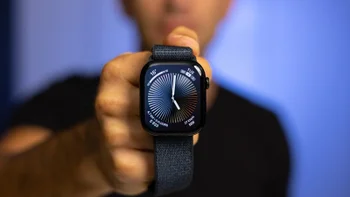
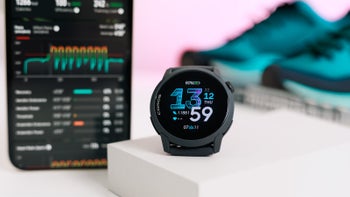
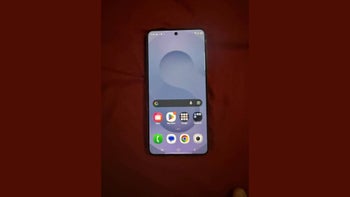
Things that are NOT allowed:
To help keep our community safe and free from spam, we apply temporary limits to newly created accounts: